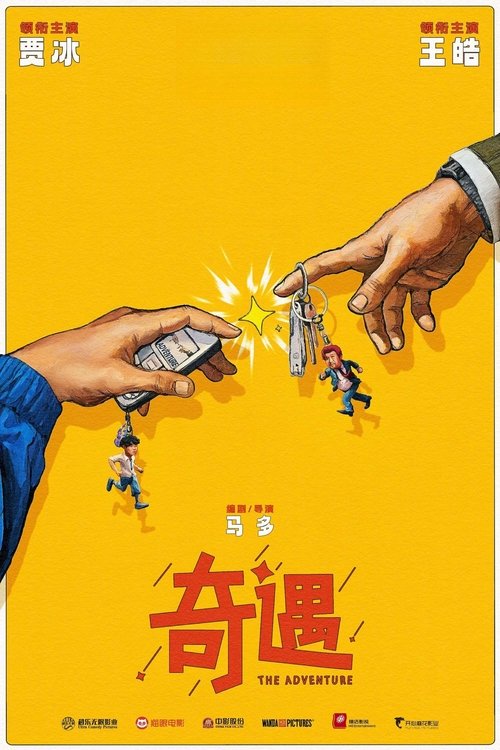
Sorry, we do not have information on this title.

Because of a meteor shower, 43-year-old Huang Yuqi (Jia Bing) and 18-year-old himself (Wang Hao) exchanged souls, and the man and the sophomore boy accidentally fell into a burst of dual-time laughter.
Sorry, we do not have information on this title.